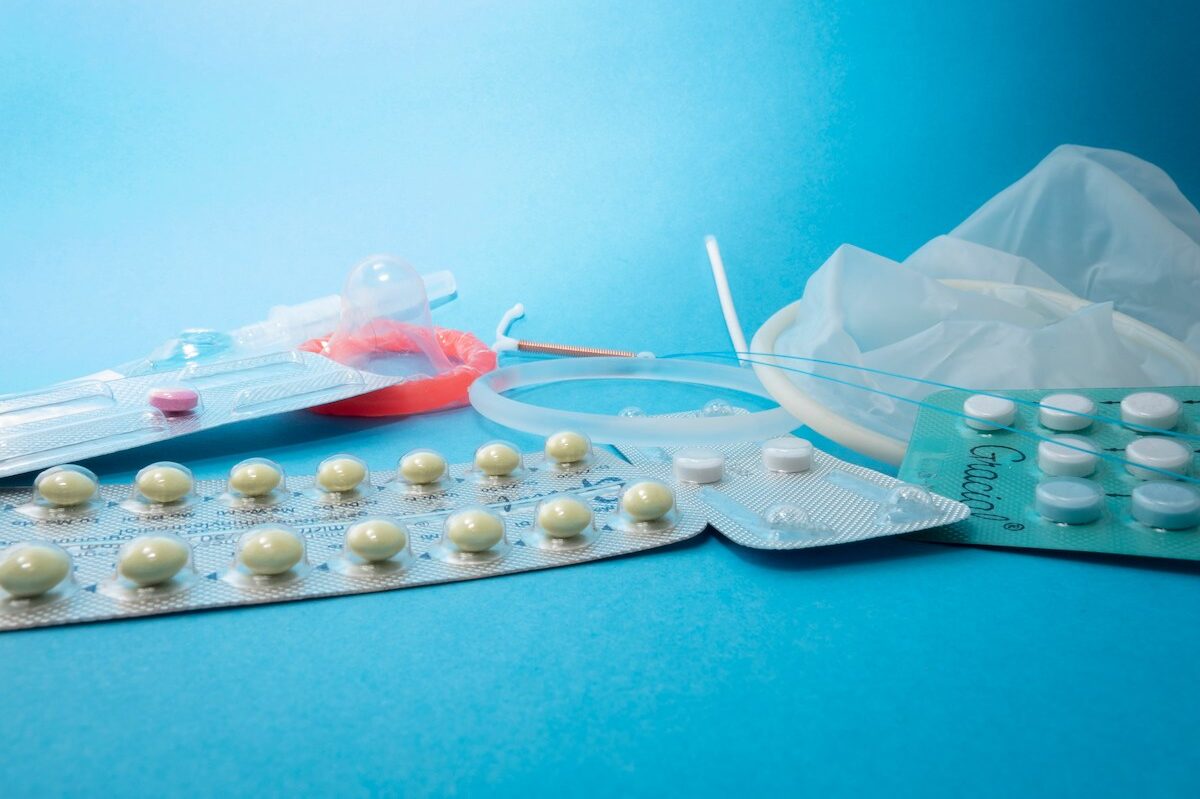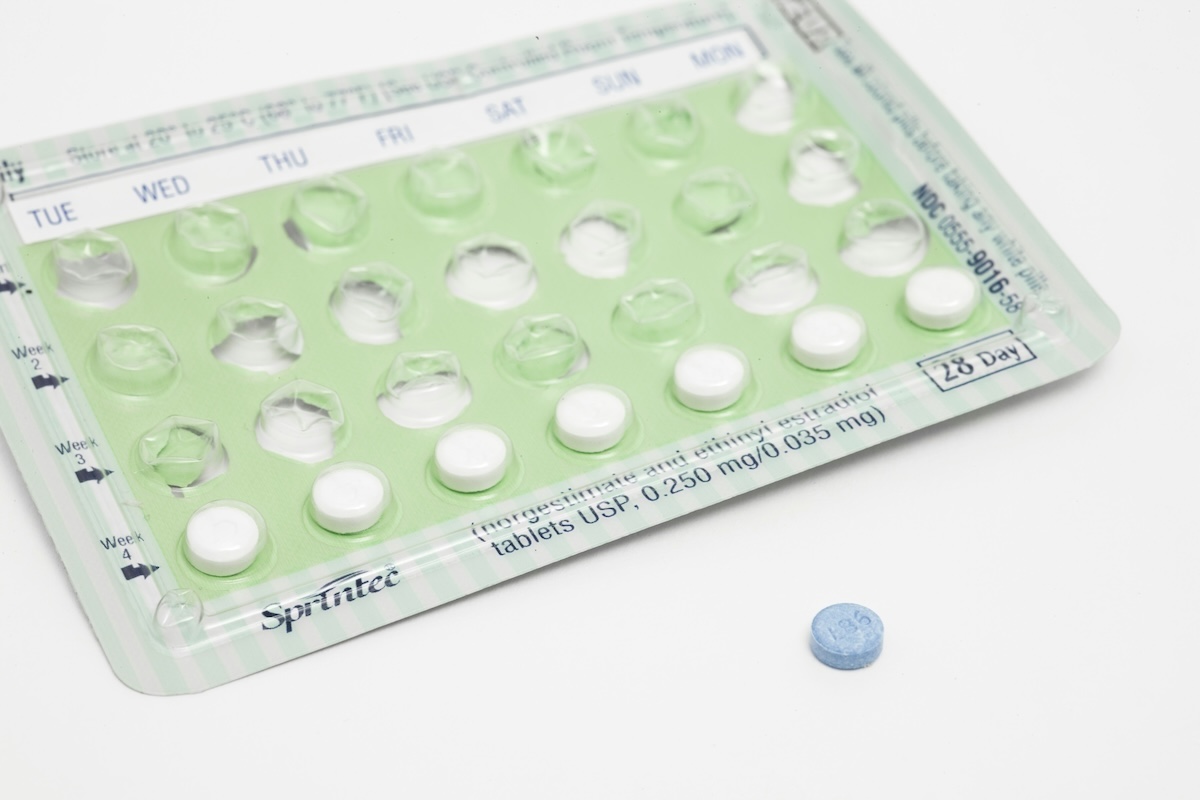I’m confused about estrogen and libido. I keep reading all these things about how the drop in estrogen during perimenopause/menopause contributes to low libido, yet I find when I’m on oral contraceptive pills (OCPs) my libido is very low (versus when I’m not; libido isn’t great, but it’s pretty darn good right around ovulation — my cycles are now much shorter since I’ve hit those late-reproductive years). I would love to not experience decades of low libido but am confused if estrogen/progesterone in the form of OCPs/HRT are going to help.
—Trying Not to Fall off the Cliff
It is understandable that you would be confused. The link between reproductive hormones and libido in women is poorly understood. We think that testosterone — not estrogen — is at least in part responsible for libido in women. In small studies like this one, testosterone levels were correlated with markers of sexual desire such as masturbation frequency. However, it is worth noting that the libido is complex and likely has both physical and psychological components.
Then how can we think about potential causes of low libido in the two scenarios you bring up — birth control pills and perimenopause? In a recent review article, the authors found that women’s reports regarding changes in libido with birth control pills were mixed. Some studies reported no change in libido with birth control pills, and some studies found an increase.

The one randomized controlled trial of birth control pills and libido did find that participants randomized to take birth control pills reported lower libido than those not taking birth control pills. Furthermore, we know that birth control pills reduce testosterone levels in women, so there is a potential biological mechanism through which birth control pills might affect libido.
During the perimenopausal transition, testosterone levels in some women can fall, and in other women testosterone levels are relatively increased compared with the fall in estrogen levels. Low libido among women during this transition may be more complex. Sure, for some women, testosterone levels fall, but during perimenopause women also experience vaginal dryness, sleep disruption, and mood changes, all of which could increase the likelihood of low libido.
Estrogen has not been shown to increase libido in perimenopause. However, there is some evidence that testosterone supplementation may improve libido and sexual function in perimenopausal women.
Ultimately, while the factors affecting libido in women are complex, it is likely changes in testosterone and not estrogen that are responsible for the decreased libido some women experience with birth control pills and perimenopause.
Community Guidelines



















Log in